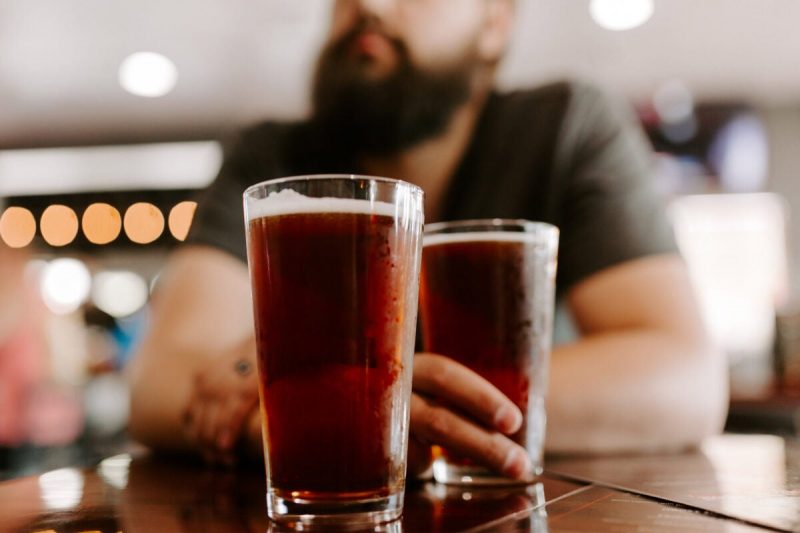The COVID-19 pandemic has brought about numerous challenges for individuals worldwide, leading to significant changes in various aspects of daily life. One noteworthy shift that has garnered attention is the change in alcohol consumption patterns during the pandemic. With the stress, uncertainty, and isolation brought on by the global health crisis, many people turned to alcohol as a coping mechanism. However, a recent study has shed light on the potential risks associated with increased alcohol consumption during these trying times.
The study, conducted by a team of researchers from prestigious institutions, including universities and health organizations, aimed to explore the impact of the pandemic on alcohol consumption habits and its consequences on individuals’ health and well-being. The findings revealed a concerning trend: a significant uptick in the frequency and quantity of alcohol consumed by a large portion of the population during the pandemic.
One of the key takeaways from the study was the link between heightened alcohol consumption and adverse effects on both physical and mental health. Participants who reported increased drinking during the pandemic also reported higher levels of stress, anxiety, and depression. Moreover, alcohol abuse has been associated with a range of health issues, including liver damage, cardiovascular complications, and an increased risk of certain types of cancer.
The study also highlighted the impact of excessive drinking on relationships and social interactions. Many participants reported strain in their personal relationships, conflicts with family members, and a deterioration in social connections due to alcohol-related issues. Furthermore, the study noted an increase in alcohol-related accidents and incidents during the pandemic, highlighting the potential dangers of substance abuse on public safety.
In response to these findings, health experts and addiction professionals have emphasized the importance of seeking help and support for individuals struggling with alcohol misuse. Resources such as helplines, online support groups, and counseling services have been made available to assist those in need. Additionally, promoting healthy coping mechanisms, such as exercise, mindfulness practices, and engaging in hobbies, can help individuals manage stress and anxiety without relying on alcohol.
As the world continues to navigate the challenges posed by the pandemic, addressing the issue of pandemic drinking and its consequences remains crucial. By raising awareness, providing support, and encouraging healthy habits, we can work towards mitigating the negative impact of alcohol misuse on individuals and communities. Remember, seeking help is a sign of strength, and reaching out for support is a positive step towards a healthier and more fulfilling life.

